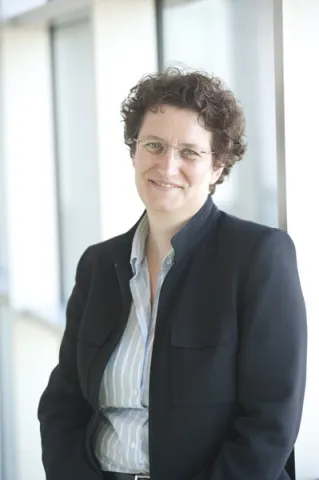Project overview
Geographical proximity is important in determining whether and how generations can support each other. This project investigates geographical distances between kin by producing a unique set of family network maps. This allows for new insights into how close adult children and their parents live to each other, how the distance to parents/children has changed over time and how residential proximity varies by socio-economic background, migrant status/ethnicity and across regions in the UK. Using information on migration patterns for population subgroups, the project also projects how in kinship networks might change in the future.
The research is based on data from the Census and Understanding Society. To place the UK in a wider European context, data from the Norway and Sweden multigenerational register will also be used. These include information on the location of non-residential family members and their migration histories.
Improved understanding of the changing spatial distribution of families provides important insights into the sustainability of intergenerational support, especially unpaid care. The work provides information for public and private providers, enabling them to plan for future intergenerational support needs, and highlighting where support gaps are likely to emerge.
This research project is funded through the ESRC Centre for Population Change Connecting Generations, directed by Professor Jane Falkingham. This project is led by Professor Hill Kulu with Dr Urska Demsar (University of St Andrews).
The research is based on data from the Census and Understanding Society. To place the UK in a wider European context, data from the Norway and Sweden multigenerational register will also be used. These include information on the location of non-residential family members and their migration histories.
Improved understanding of the changing spatial distribution of families provides important insights into the sustainability of intergenerational support, especially unpaid care. The work provides information for public and private providers, enabling them to plan for future intergenerational support needs, and highlighting where support gaps are likely to emerge.
This research project is funded through the ESRC Centre for Population Change Connecting Generations, directed by Professor Jane Falkingham. This project is led by Professor Hill Kulu with Dr Urska Demsar (University of St Andrews).
